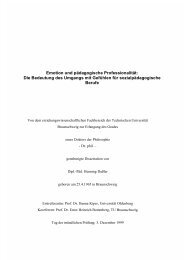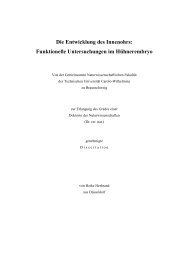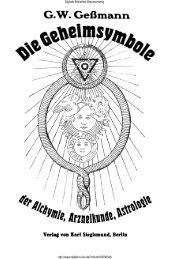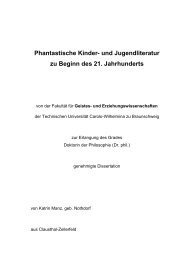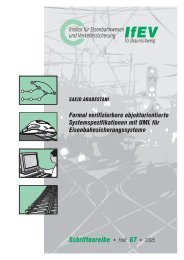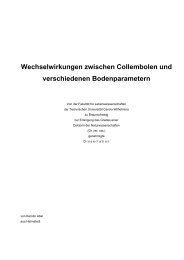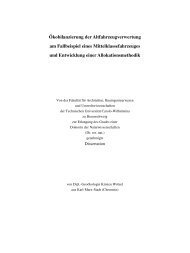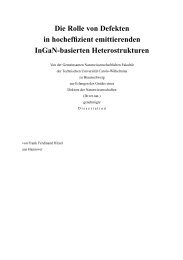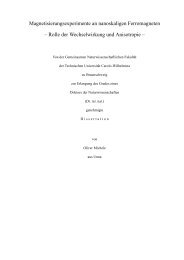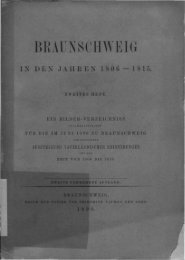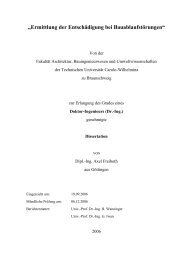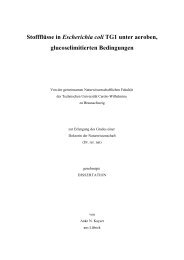Quantum Information Theory with Gaussian Systems
Quantum Information Theory with Gaussian Systems
Quantum Information Theory with Gaussian Systems
You also want an ePaper? Increase the reach of your titles
YUMPU automatically turns print PDFs into web optimized ePapers that Google loves.
4 <strong>Gaussian</strong> quantum cellular automata<br />
After carrying out the reduction, this becomes<br />
ˆγ(k) ↦→ ÂT (k) · ˆγ(k) · Â(k) + ĈT (k) · ˆγ ′ (k) · Ĉ(k). (4.40)<br />
The output state of an irreversible <strong>Gaussian</strong> qca <strong>with</strong> transformation Γ and noise<br />
form g is given in (4.33) and corresponds to a transformation of the correlation<br />
function as<br />
ˆγ(k) ↦→ Γ T (k) · ˆγ(k) · Γ(k) + ˆg(k). (4.41)<br />
Comparing (4.40) and (4.41) yields for the irreversible qca T:<br />
Γ(k) = Â(k) and ˆg(k) = ĈT (k) ˆγ ′ (k) Ĉ(k).<br />
Indeed, g is real and symmetric as required, i.e. ˆg(k) = −ˆg(−k) = ˆg(k), because C<br />
is real and γ ′ is real and symmetric. <br />
So, while reversible <strong>Gaussian</strong> qcas <strong>with</strong> local ancillas can implement irreversible<br />
<strong>Gaussian</strong> qcas of type IV, the converse is unfortunately not clear: are all irreversible<br />
<strong>Gaussian</strong> qcas of type IV? The answer to this question is an important step towards<br />
the definition of <strong>Gaussian</strong> as well as general irreversible qcas.<br />
98



